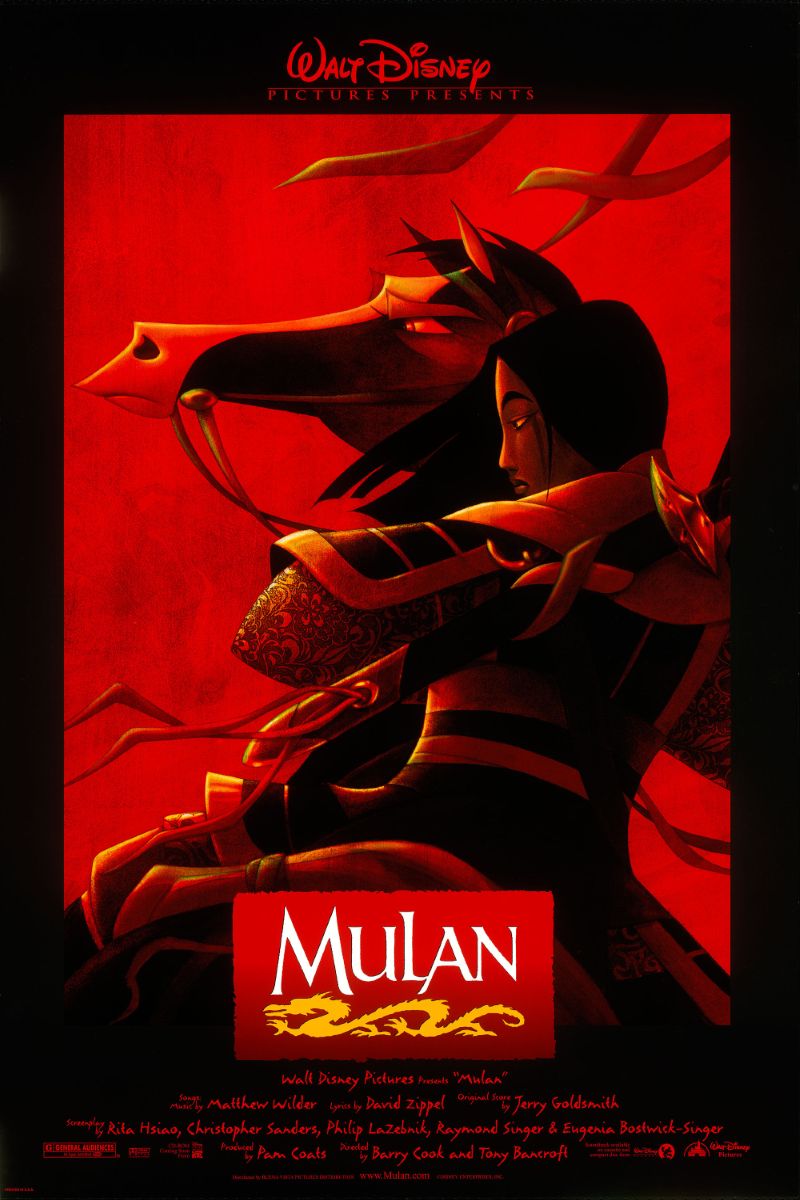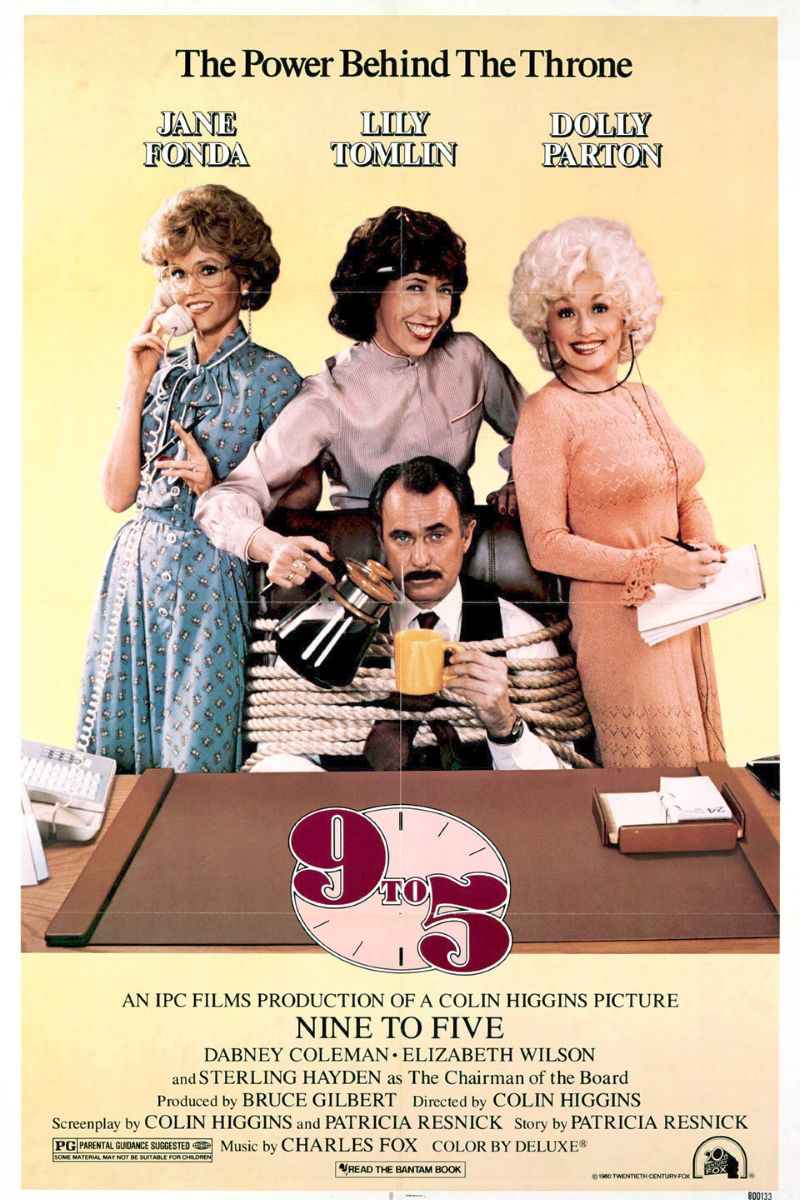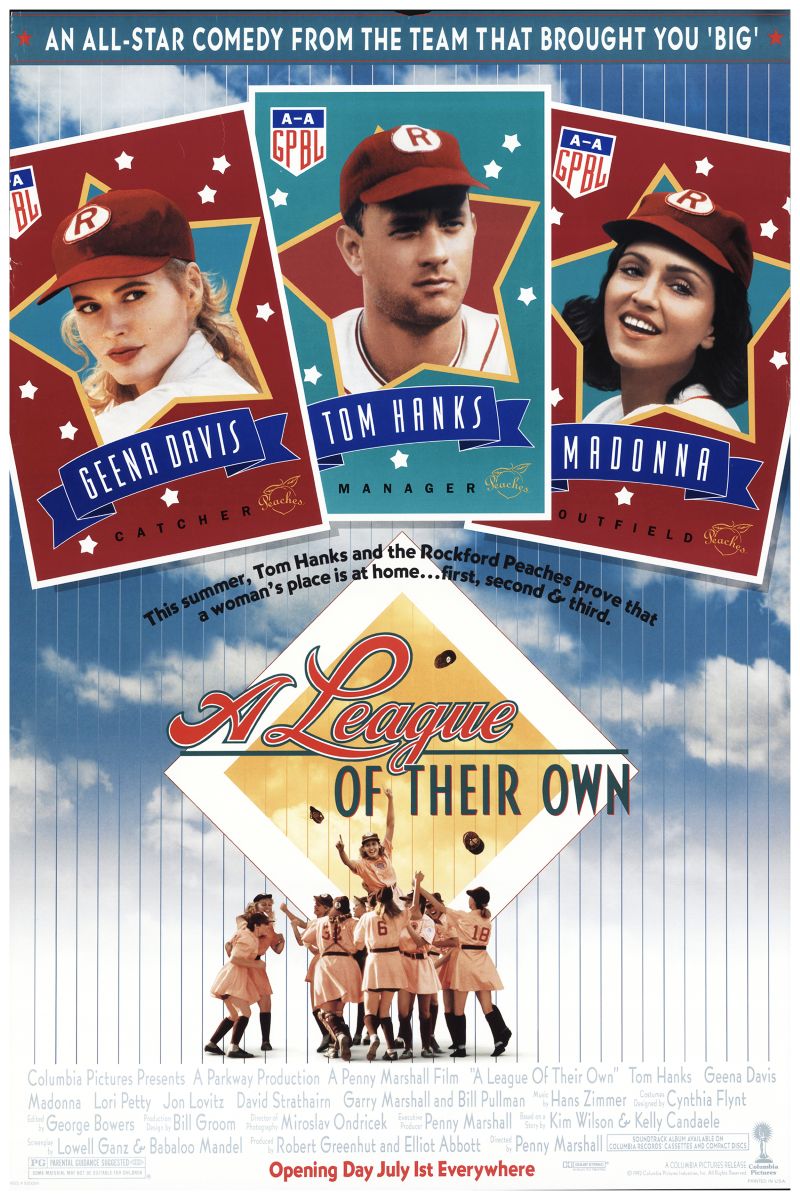
Mulan
Mulan
Disney's animated classic 'Mulan' tells the story of ancient Chinese woman Mulan who disguises herself as a man to take her father's place in the army. The film breaks from traditional Disney princess frameworks, creating a brave, independent female character who dares to challenge gender norms.
主演
🎥 影评与解读
Disney’s 1998 animated film “Mulan” marks a significant turning point in the portrayal of female characters in animated cinema. While created as mainstream animation for family audiences, its feminist elements and challenges to traditional gender roles make it an essential work in feminist film studies. Through an ancient Chinese legend, the film explores gender issues that remain relevant in modern society.
Subverting the Disney Princess Paradigm
Mulan fundamentally subverts the traditional Disney princess image. Unlike previous princesses waiting for princes to rescue them, Mulan actively chooses her own destiny. Her motivation isn’t romantic love but filial piety and responsibility—a setting that itself carries feminist significance, demonstrating that women can make major life decisions for various reasons beyond romance. More importantly, Mulan’s hero’s journey is completely independent of male characters; her growth and victory are achieved through her own efforts.
The character of Mulan represents a radical departure from passive femininity. She doesn’t wait for circumstances to change; she changes them herself. Her decision to join the army isn’t presented as an impulsive rebellion but as a calculated choice made from love and duty. This complexity elevates her beyond simple “strong female character” tropes to become a fully realized person navigating impossible choices within patriarchal constraints.
Gender Performativity and Identity
The film’s exploration of gender performativity is particularly profound. Mulan’s male disguise involves more than costume change—it challenges social gender norms. The “masculinity training camp” sequence humorously reveals the constructed nature of traditional masculinity—strength, aggression, and competitiveness are presented as learnable and performable traits rather than innate essences. Mulan’s initial failure and eventual success suggest the fluidity and malleability of gender traits.
The transformation sequence where Mulan cuts her hair and dons armor is one of cinema’s most powerful visual representations of gender transgression. The scene’s solemnity and determination transform what could be played for comedy into a moment of profound self-determination. The film suggests that gender presentation is a performance that can be adopted, adapted, or discarded as circumstances require.
”Reflection” and the Divided Self
The song “Reflection” crystallizes the film’s feminist themes. The lyrics “When will my reflection show who I am inside” voice countless women’s inner struggles—the split between social expectations and personal identity. Mulan’s confusion and pain before the mirror represent the voice of all women forced to conform to social gender norms. This song has become a classic expression of gender identity exploration, resonating deeply within LGBTQ+ communities.
The mirror motif throughout the film—from the matchmaker’s preparation to the final scene—tracks Mulan’s journey from performing femininity to discovering authentic selfhood. Each reflection marks a different stage of her understanding of identity as something self-determined rather than socially imposed.
Individual Choice Within Collectivist Culture
The film’s exploration of individual choice within collectivist culture adds nuance. Mulan’s decision represents both personal rebellion and family responsibility. She doesn’t simply reject traditional culture but seeks her own path while respecting family values. This complexity makes the character more dimensional and provides thinking space for audiences from different cultural backgrounds.
The tension between individual desire and collective expectation reflects real struggles faced by women globally, particularly in traditional societies. Mulan’s solution—fulfilling duty through unconventional means—suggests that honoring tradition and pursuing personal authenticity need not be mutually exclusive.
Redefining Heroism and Strength
The war scenes’ design carries feminist implications. Mulan wins not through brute force but through wisdom and innovative thinking. Her use of an avalanche to defeat the enemy army symbolically demonstrates that traditional male violent solutions aren’t the only effective approaches. This design challenges the romanticization of war and violence, offering alternative possibilities for heroism.
The film consistently shows that Mulan’s greatest strengths—intelligence, creativity, determination—have nothing to do with physical prowess. When she retrieves the arrow from the pole, she succeeds not by becoming stronger but by thinking differently. This reconceptualization of strength challenges patriarchal definitions of power and capability.
Agency and Choice in Resolution
The film’s ending deserves analysis. Mulan ultimately receives the Emperor’s recognition and society’s respect, but more importantly, she wins the right to choose her own lifestyle. She can choose to remain at court or return home—this freedom of choice itself embodies female empowerment. While the romance with Li Shang provides traditional emotional elements, it’s neither a necessary condition nor ultimate goal of Mulan’s success.
The Emperor’s bow—the highest honor in imperial China—acknowledges not just Mulan’s military achievements but her right to exist as herself. This public validation of a gender-nonconforming woman represents a fantasy of acceptance that resonates with marginalized individuals seeking recognition.
Cross-Cultural Significance
From a cross-cultural perspective, “Mulan’s” significance becomes more complex. This American-produced film borrowing Chinese traditional stories spreads positive messages about women’s abilities and value globally. While cultural representation accuracy remains debated, it indeed introduces Western audiences to a powerful Asian female character, somewhat countering Asian women’s stereotypes.
The film’s global success demonstrates universal appeal of stories about women breaking free from restrictive gender roles. While specific cultural details may vary, the core struggle for self-determination and recognition transcends cultural boundaries.
Music as Feminist Commentary
The film’s music reinforces feminist themes. Beyond “Reflection,” “I’ll Make a Man Out of You” satirically reveals traditional masculinity training’s absurdity. The song’s described “male traits”—speed, strength, mystery—are presented as trainable skills rather than innate gender differences.
The irony that Mulan, while disguised as a man, best embodies the song’s masculine ideals, suggests that these traits aren’t inherently male. The song becomes a commentary on how gender roles are taught and reinforced through repetition and social pressure.
Impact on Children’s Media
“Mulan’s” importance in children’s media cannot be overlooked. For many young viewers, this may be their first encounter with a female character who doesn’t conform to traditional gender roles. Mulan’s story tells children, especially girls, that they can be brave, strong, and intelligent, choosing their own paths without being limited by society’s expectations for women.
The film’s impact extends beyond its initial release. Generations of children have grown up with Mulan as a role model, internalizing messages about gender equality and personal agency. The character has become a cultural touchstone for discussions about women’s capabilities and rights.
Contemporary Relevance
Twenty-plus years later, “Mulan’s” feminist message remains relevant. Globally, women still fight for equal participation in all social spheres, and Mulan’s story continues inspiring new generations. This animated film proves that even mainstream entertainment can carry profound social significance and advance gender equality.
The film’s themes resonate particularly strongly in contemporary debates about women in military service, leadership positions, and traditionally male-dominated fields. Mulan’s success in the army serves as a powerful argument for gender integration in all professional spheres.
Cultural Authenticity and Representation
While the film has faced criticism for its Western interpretation of Chinese culture, it nonetheless represents an important step in diversifying mainstream media representation. The choice to center an Asian female protagonist in a major Disney production challenged industry assumptions about what stories could achieve global success.
The film’s handling of Chinese cultural elements, while imperfect, demonstrates the potential for cross-cultural storytelling that respects source material while addressing universal themes. This balance remains relevant as media becomes increasingly global.
Conclusion: Feminism Through Storytelling
Ultimately, “Mulan’s” success lies in packaging feminist concepts within an engaging, emotionally rich story. Rather than preaching, it naturally conveys deep thoughts about gender, identity, and choice through a brave woman’s adventure. This approach allows feminist ideas to reach broader audiences, including those who might never encounter feminist theory.
The film demonstrates that commercial entertainment and social progressivism need not be mutually exclusive. By creating a financially successful film that also challenges gender norms, “Mulan” proved that audiences hunger for stories featuring complex, capable female protagonists.
“Mulan” remains a landmark in animated feminist cinema, showing how mainstream media can challenge patriarchal norms while entertaining diverse audiences. Its legacy continues through the countless individuals who found in Mulan a model for courage, authenticity, and the determination to define oneself beyond society’s limiting expectations. The film reminds us that true honor comes not from conforming to gender roles but from having the courage to be oneself, regardless of social expectations.
🏆 获奖与荣誉
- • Annie Award for 最佳动画长片
- • 金球奖 nomination for 最佳原创歌曲
- • 奥斯卡奖 nomination for Best Original Score
⭐ 评分与链接
相关推荐
评论与讨论
与其他观众一起讨论这个视频
加入讨论
与其他观众一起讨论这个视频
评论加载中...



